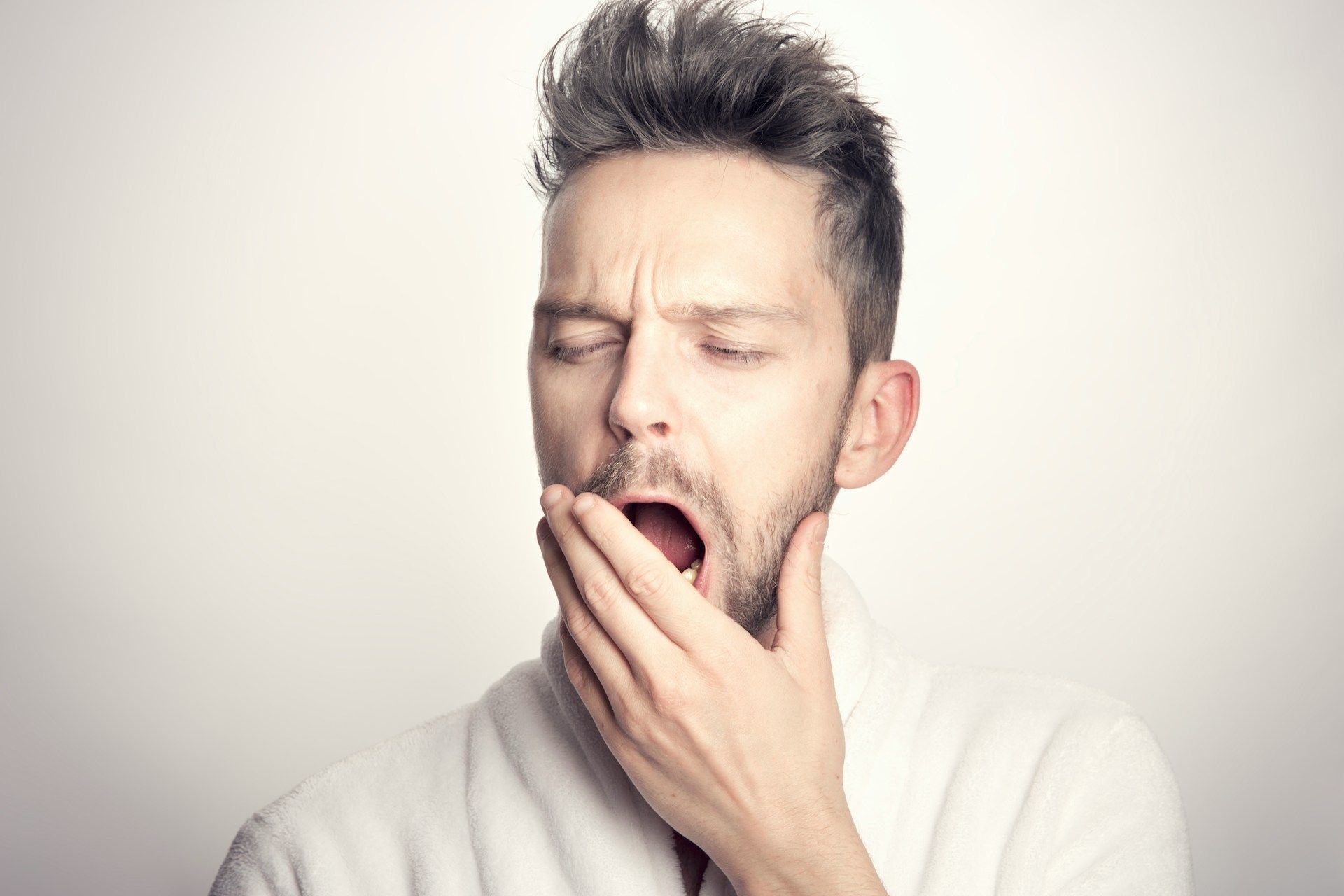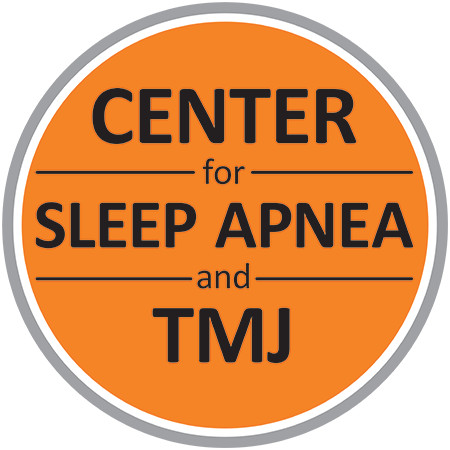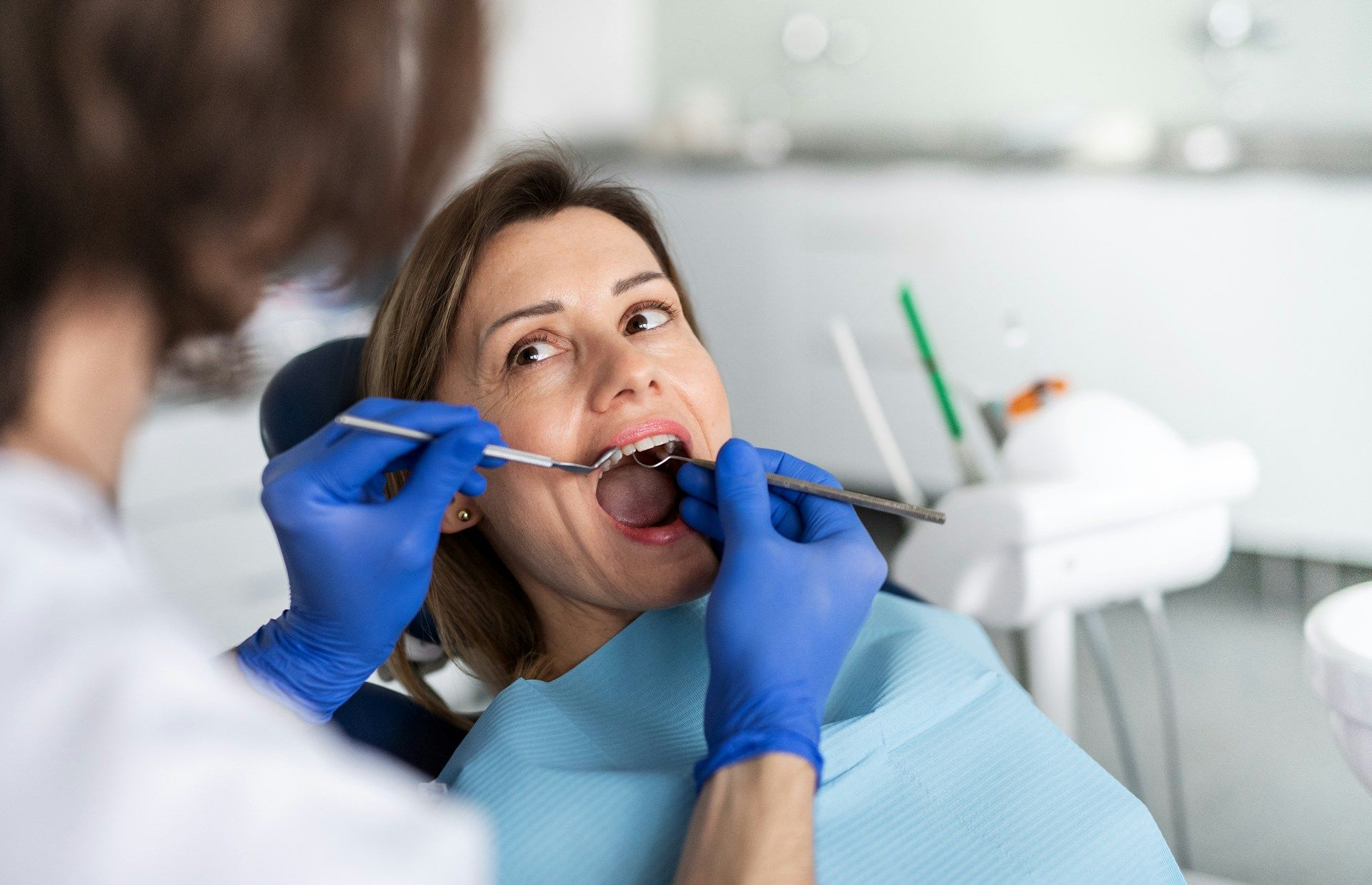Exploring the Link between Tinnitus and TMJ Disorders

Tinnitus, characterized by the perception of ringing, buzzing, or other phantom sounds in the ear, affects millions of Americans, impacting their daily lives and overall well-being. What many sufferers may not realize is a potential connection between this frustrating auditory phenomenon and TMJ disorders. As dedicated providers of comprehensive care for individuals with TMJ issues and sleep disorders, we feel it is essential to address this connection and offer guidance on managing this complex relationship.
Join us as we navigate the connection between tinnitus and TMJ disorders, building a deeper understanding of these conditions and how they may influence one another. Through this knowledge, patients can develop a strong foundation for achieving comprehensive care and improved well-being.
1. Unraveling Tinnitus: Symptoms, Causes, and Types
Before delving into the relationship between tinnitus and TMJ disorders, it is crucial to understand what tinnitus is and the challenges it poses. Tinnitus is a relatively common condition, characterized by the perception of phantom noises such as ringing, buzzing, or hissing in the ears or head, without any external sound source. This perception can be constant or intermittent and may cause disruptions in daily life.
The underlying causes of tinnitus can be diverse, ranging from age-related hearing loss to exposure to loud noises. Defined into two broad categories, tinnitus can be the following:
- Subjective Tinnitus: The most common form of tinnitus, where only the affected individual can perceive the phantom sounds, often due to issues in the auditory and neurological systems.
- Objective Tinnitus: A rare form of tinnitus where phantom noises can be heard by others, typically resulting from vascular or muscular abnormalities.
2. An Overview of TMJ Disorders: Symptoms and Causes
Temporomandibular Joint (TMJ) disorders are a group of conditions impacting the proper functioning of the jaw joint and the surrounding muscles, leading to pain, discomfort, and restricted movement. Often caused by factors such as injury or inflammation, TMJ disorders present symptoms such as the following:
- Jaw pain or tenderness
- Difficulty chewing or biting
- Clicking or popping sounds in the jaw joint
- Facial pain or swelling
- Ear discomfort or pain
3. Connecting the Dots: The Relationship Between Tinnitus and TMJ Disorders
Research indicates a link between tinnitus and TMJ disorders, suggesting that approximately 33% to 43% of individuals with TMJ disorders also experience tinnitus. The connection between these two conditions lies in the close anatomical relationship between the temporomandibular joint, the inner ear, and surrounding nerves.
When the jaw joint or surrounding muscles are misaligned or inflamed, pressure may be exerted on the auditory system, leading to a dysfunction that sometimes manifests as tinnitus. Stress and muscle tension related to TMJ disorders can aggravate existing tinnitus symptoms or even contribute to their onset.
4. Diagnosing and Treating Tinnitus Linked to TMJ Disorders
Accurate diagnosis is a critical first step for addressing tinnitus connected to TMJ disorders. Dr. Wilson and his team provide comprehensive evaluations to identify the presence of TMJ disorders, in which case the tinnitus may be relieved through addressing the underlying jaw issue. The diagnostic process typically involves the following:
- Detailed Medical History and Symptom Assessment: Understanding the patient's medical history and carefully examining their symptoms can offer insights into the potential cause and severity of the condition.
- Physical Examination: A thorough examination of the jaw, neck, and facial muscles can help determine the presence of TMJ disorders and potential contributing factors to the development of tinnitus.
- Collaboration with Audiologists: In cases of tinnitus linked to TMJ disorders, Dr. Wilson may collaborate with audiologists or other hearing specialists to ensure a comprehensive evaluation and the most effective treatment approach.
Once a diagnosis of TMJ-related tinnitus is established, Dr. Wilson devises individualized treatment plans to address both the tinnitus and the underlying TMJ issue, which may include the following:
- Jaw Stabilization and Alignment: Utilizing oral appliances or orthotics, Dr. Wilson can help stabilize and align the jaw joint, reducing pressure on surrounding tissues to alleviate the symptoms of both TMJ disorders and tinnitus.
- Physical Therapy and Home Exercises: Dr. Wilson may recommend physical therapy or guided home exercises to strengthen and improve the function of the surrounding muscles and alleviate both TMJ and tinnitus symptoms.
- Stress Management Techniques: As stress often exacerbates symptoms of tinnitus and TMJ disorder, Dr. Wilson may provide guidance on stress management techniques, such as relaxation exercises or meditation, to promote overall well-being.
Empowering Patients to Manage Tinnitus and TMJ Disorders
By understanding the connection between tinnitus and TMJ disorders, patients can take charge of their health and seek appropriate care to manage these often interconnected conditions. When treated effectively, addressing the TMJ disorder can lead to significant improvements in tinnitus symptoms, resulting in improved quality of life and overall comfort.
If you're looking for an expert
doctor for TMJ, visit The Center for Sleep Apnea and TMJ PC in Grand Rapids, MI. Schedule a consultation with Dr. Wilson to explore personalized care options for better health and well-being.
Recent Posts
Categories

Interested in working with us? Click Here to find out who we are and who we’re looking for.
Quick Links
Social Links
Clinical Address
Working Hours
Monday-Thursday: 9AM – 4PM
Friday- By Appointment Only
Saturday: Closed
Sunday: Closed
© Copyright 2023 | The Center for Sleep Apnea and TMJ, PC | All Rights Reserved | Sitemap




